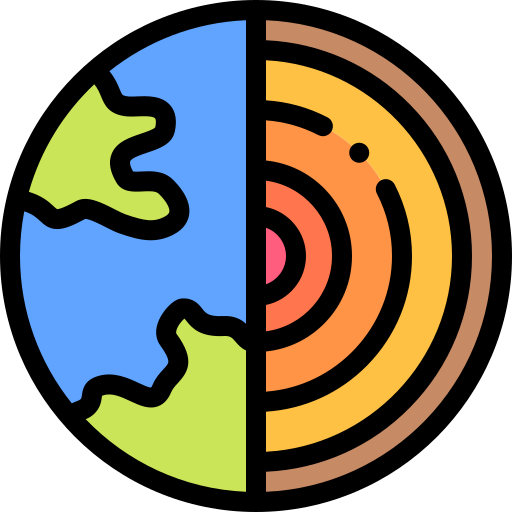Earth is expected to spin more quickly in the coming weeks, making some of our days unusually short. On July 9, July 22 and Aug. 5, the position of the moon is expected to affect Earth’s rotation so that each day is between 1.3 and 1.51 milliseconds shorter than normal.
A day on Earth is the length of time needed for our planet to fully rotate on its axis — approximately 86,400 seconds, or 24 hours. But Earth’s rotation is affected by a number of things, including the positions of the sun and moon, changes to Earth’s magnetic field, and the balance of mass on the planet.
Since the relatively early days of our planet, Earth’s rotation has been slowing down, making our days longer. Researchers found that about 1 billion to 2 billion years ago, a day on Earth was only 19 hours long. This is likely because the moon was closer to our planet, making its gravitational pull stronger than it is now and causing Earth to spin faster on its axis.



Is the earths rotation relevant to wind currents? With the days being longer that means more heat and cold can form in one area so the pressure differences that drive winds should have gotten greater over time.